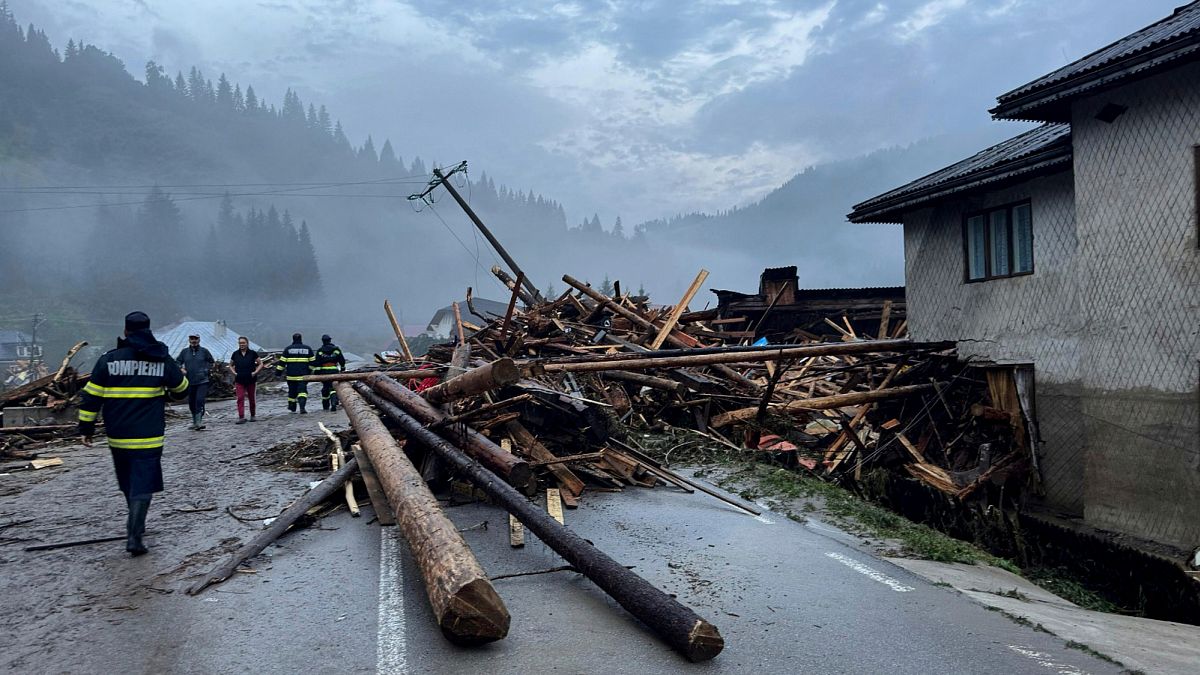

This past week highlighted the dynamic nature of our world, bringing both challenges and transformations that are shaping communities across Europe and beyond. In Northern Romania, Southern Italy, and the duo of England and Wales, environmental and demographic shifts offer a closer look at the forces altering lives today.
In Suceava county, Northern Romania, life was drastically disrupted as severe flash floods enveloped the region, deeply affecting more than 2,500 residents. The floods, a result of heavy rains, led to the tragic loss of three lives and left hundreds of homes severely damaged. Local authorities swiftly mobilized emergency response teams to provide aid and ensure the safety of affected individuals. Rescue operations continue to prioritize stabilizing the area and providing much-needed relief to displaced families. Initial assessments indicate the need for long-term rehabilitation efforts to help the community recover from this natural disaster.
Across the continent in Italy’s Brenta Dolomites, nature demonstrated its unpredictable power in a different way. Hundreds of hikers and tourists were evacuated when a series of rockfalls occurred after rocky pinnacles on Cima Falkner broke away, crashing dramatically into the peaceful valleys. The incident, bringing clouds of dust to Monte Pelmo in the Val di Zoldo, is a stark reminder of the ongoing impact of climate change, particularly the thawing of permafrost, which experts link to a rise in rock collapses. Local governments, together with environmental experts, are closely monitoring these changes, assessing the safety risks they pose, and formulating strategies to manage and mitigate hazards in the region.
Meanwhile, a more human-centric shift is unfolding in England and Wales, where the population experienced its second-largest annual increase in over 75 years. Official data from the Office for National Statistics reveals that the region’s population surged by 700,000 in the year leading up to June 2024, driven predominantly by international migration. This demographic change brings both opportunities and challenges, as communities adapt to accommodate new residents, enrich cultural diversity, and address the evolving economic needs resulting from a swelling population. This development encourages renewed discussions on sustainable urban planning, resource allocation, and the socioeconomic integration of newcomers in the host communities.
Looking beyond the immediate impacts, this week’s events underscore the interconnection between human activities and natural phenomena. They call for holistic and proactive approaches to safeguard communities and embrace growth amid environmental and demographic changes. Across Europe, the spirit of resilience is evident as governments, experts, and citizens collaborate to navigate the new normals of their lives, aiming to transform challenges into pathways for sustainable progress.
Source: {link}
